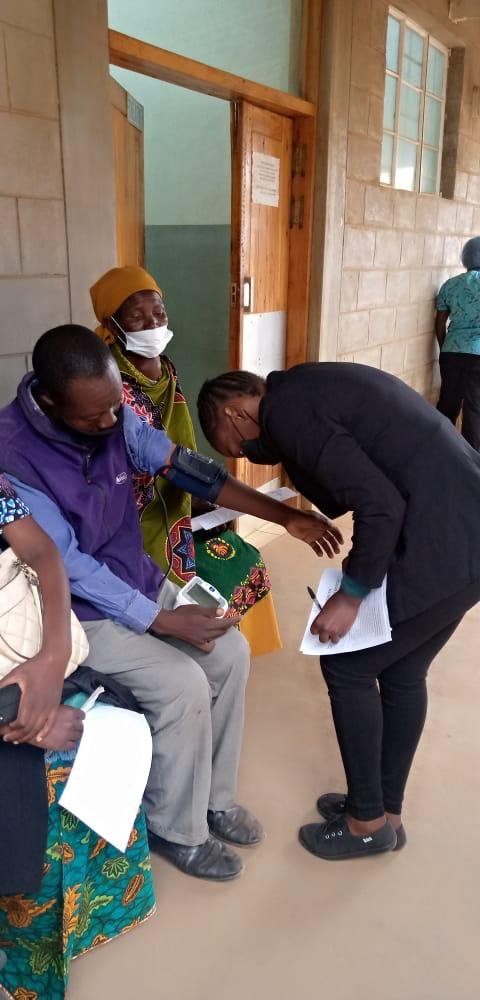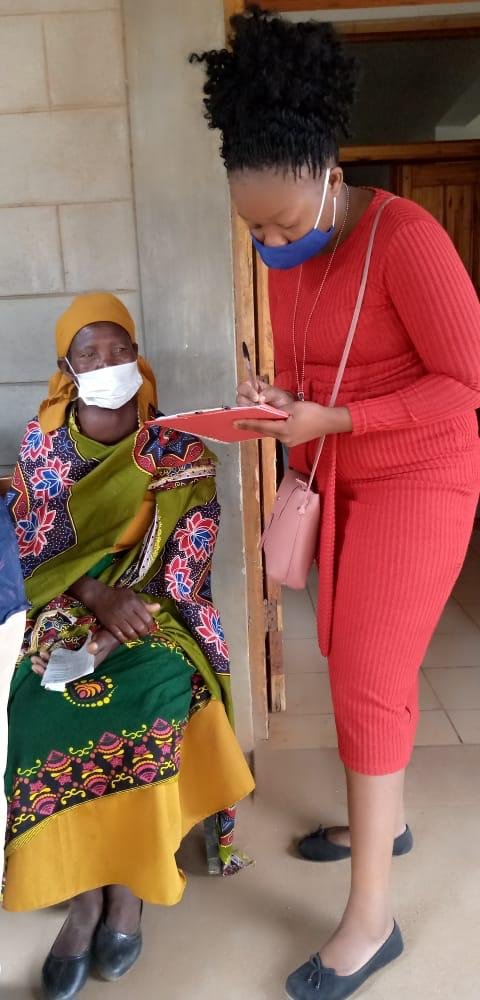The surgical program at Kabudula has become popular with both patients and staff, with patients coming from near and far to have operations, and staff filling all spots every month. Patients are relieved to have surgery after years waiting or failing to access treatment at other facilities. Long treatment wait times is most often due to limited public resources for healthcare or family struggles such as lack of money for transportation. Most patients wait at least two to five years for surgery before finally being treated through AHA’s program at Kabudula. Some patients report waiting more than 10, 20, or 30 years, with one patient having had the same surgical condition for 41 years prior. When we say AHA’s local surgical camps are life changing, we really mean it.
Patients are relieved to have surgery through this program because the facility is located within the community and all services are free of charge. Elective surgery is important because it can prevent some conditions from becoming more serious and turning into emergencies, and in many cases it helps patients return to work, school, or family life. Patients look forward to being free from pain and/or social stigma, which has an impact on their daily lives, and renewed hope for the future.
Patients come from their villages to Kabudula Community Hospital on foot, by bicycle, by minibus, or by car. Sometimes an ambulance can pick up patients from surrounding health centers and bring them to Kabudula. One patient in 2020 even came by oxcart, which is a two-wheeled wooden cart pulled by either two cows or two donkeys. Many times patients use a bicycle owned by a family member, and if they’re unable to pedal themselves due to their condition, they can ride on the back while the relative does the pedaling. Sometimes the family may sell livestock or other assets in order to pay for a patient’s transportation or other expenses associated with medical care in Malawi. Our sponsorship program helps cover these expenses for some patients who may not be able to be treated at Kabudula, whom we may refer elsewhere for more specialized care.
The surgical program at Kabudula is currently fully supported by AHA, and conducted multiple times a year. Due to the pandemic, we have not been able to send a US-based surgical team to Malawi in over two years, but the locally run camps have been very successful not only in treating patients but in building the capacity of the staff at Kabudula Community Hospital.
In order to run the program on a more regular monthly basis, AHA is currently seeking more funding or other forms of support from partners, including local partners. The Ministry of Health is willing to contribute some basic materials, as well as existing infrastructure and staff. AHA must continue to fill the gaps in specialized surgical materials, staff support, and minor updates to infrastructure / equipment.
Thanks in large part to AHA’s presence over the last few years, Kabudula staff are now comfortable handling minor procedures on their own, so these can be done more regularly at the facility with increased material support. Staff are interested in continuing their training to become more familiar with major procedures as well. Soon we hope to offer general surgery as part of the regular services offered at Kabudula, increasing access to surgical care while reducing overcrowding at referral facilities like Kamuzu Central Hospital in Lilongwe.
PATIENT BEFORE & AFTER PHOTOS FROM OCTOBER 2021 SURGICAL CAMP AT KABUDULA COMMUNITY HOSPITAL
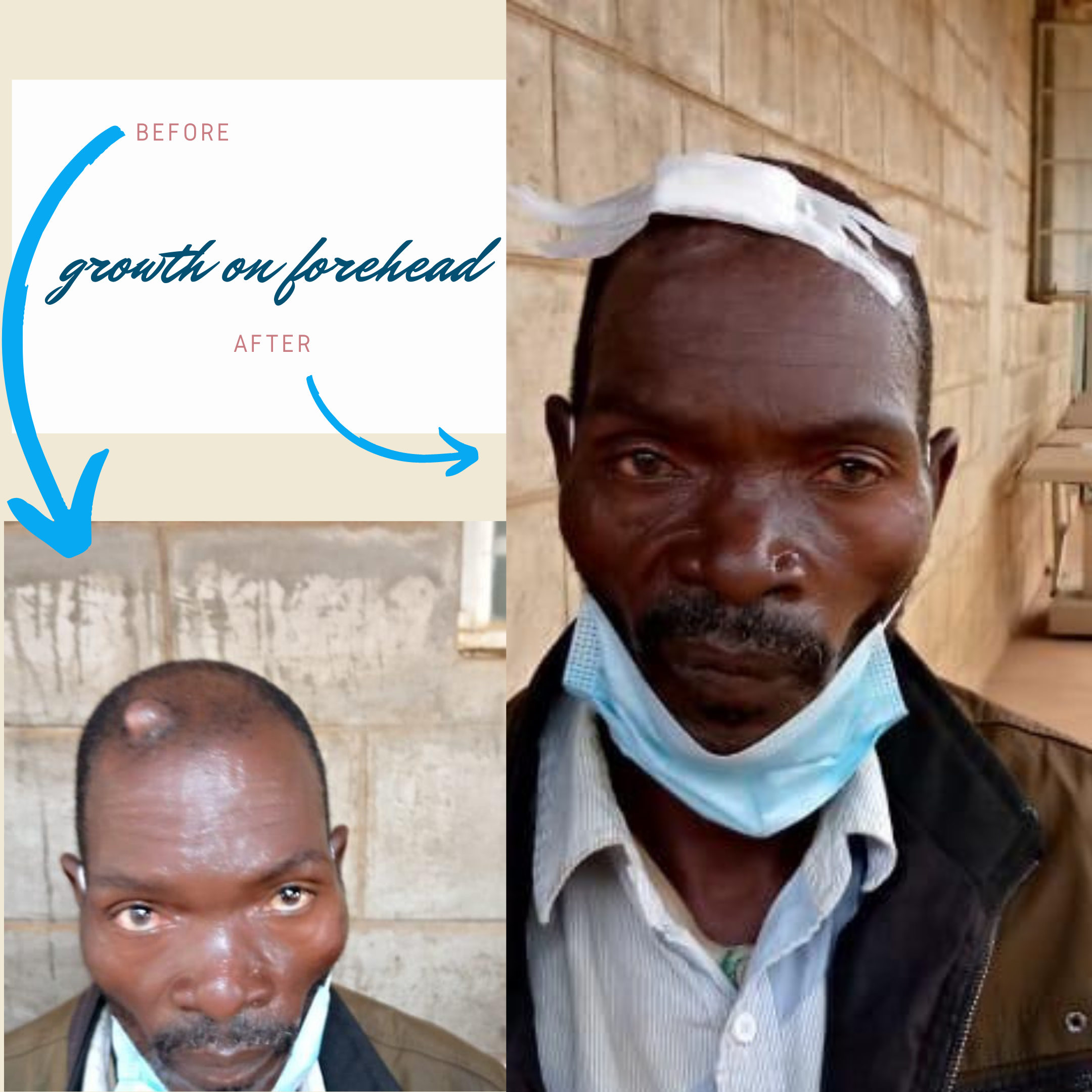
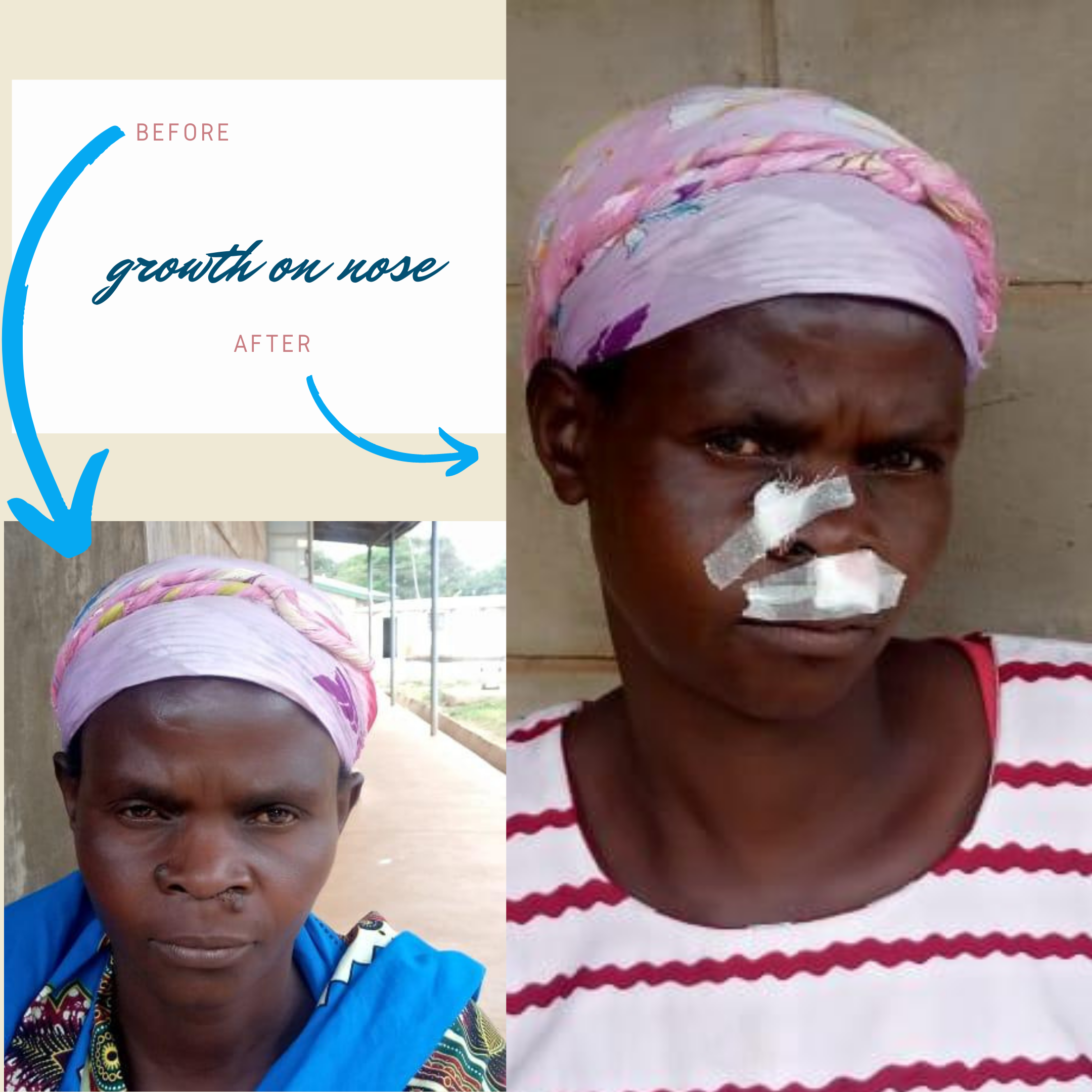
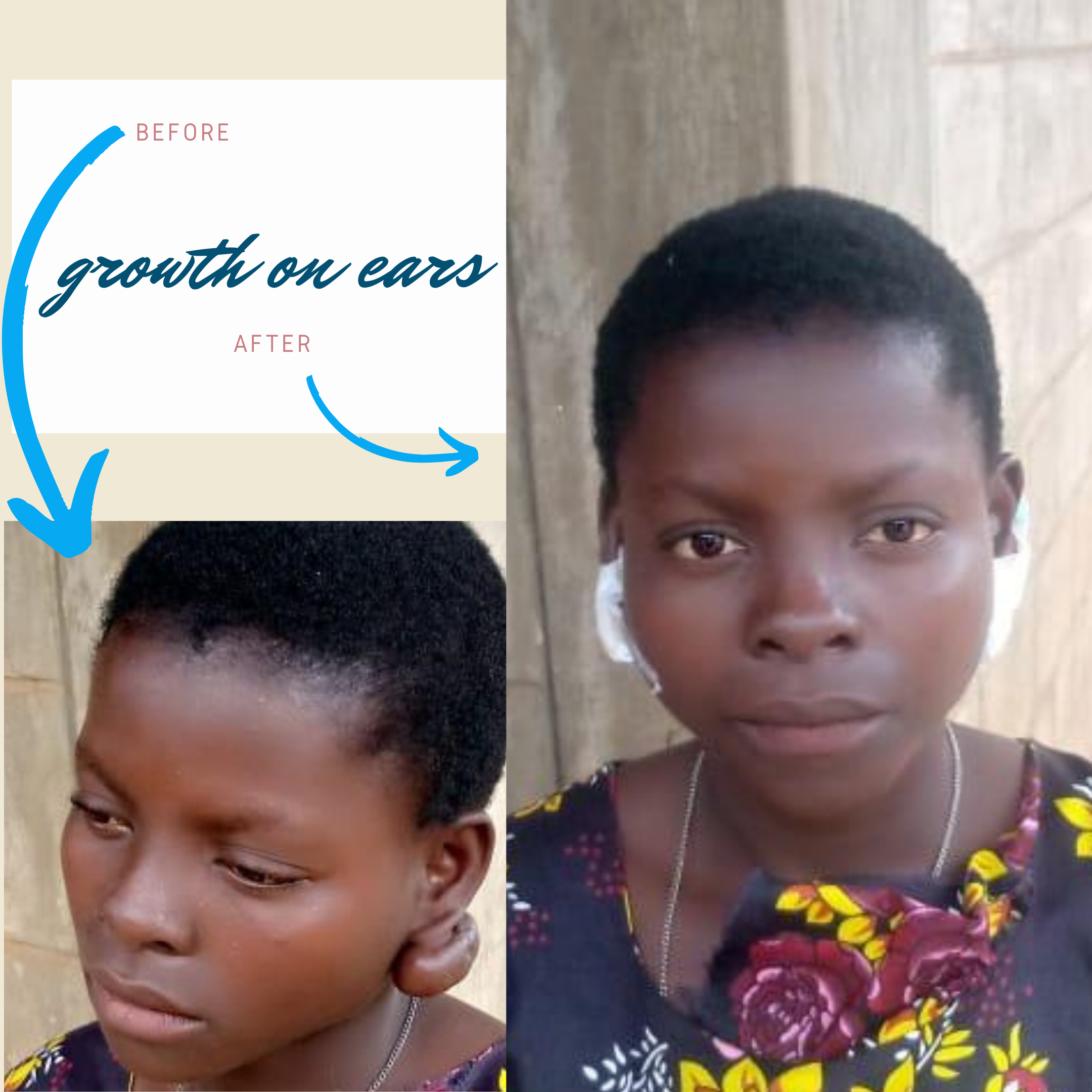
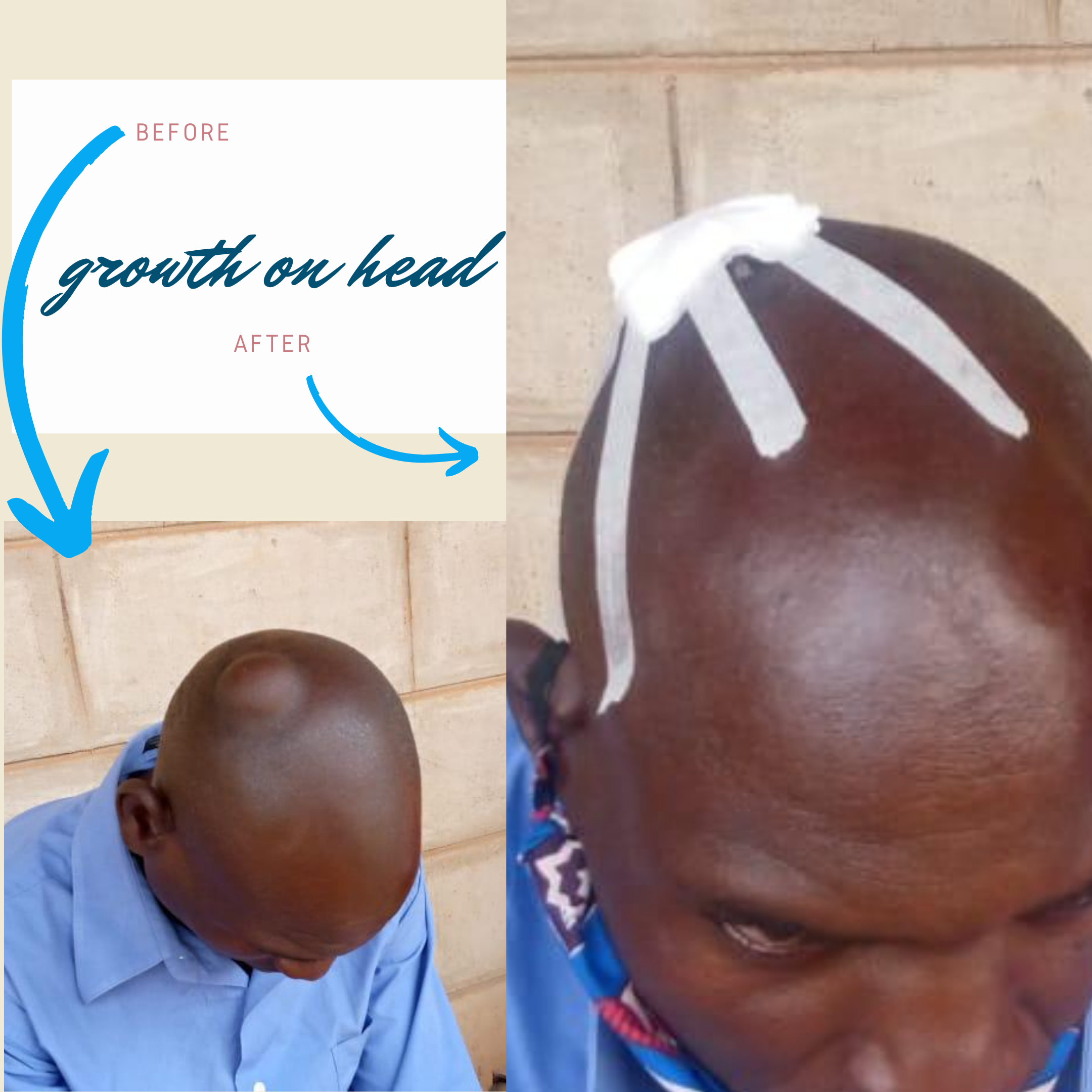
PICTURES FROM THE OCTOBER 2021 SURGICAL CAMP AT KABUDULA COMMUNITY HOSPITAL
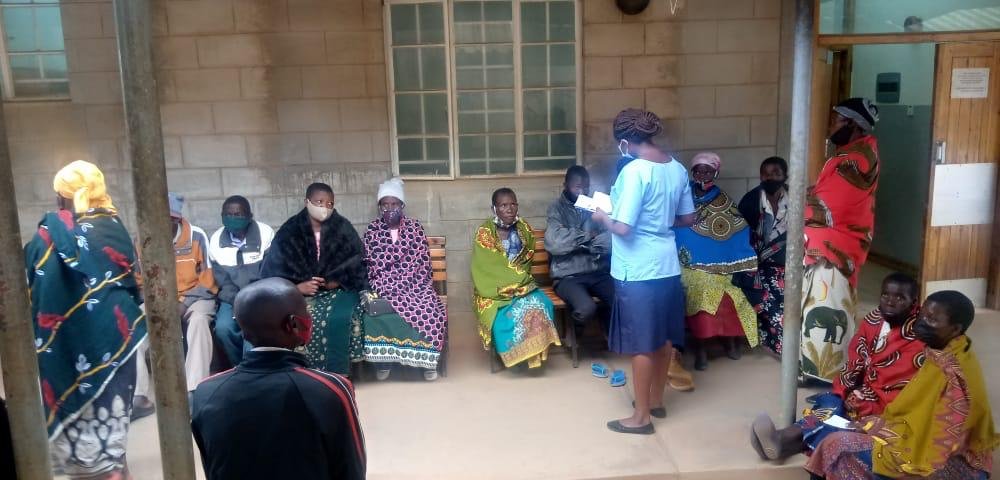
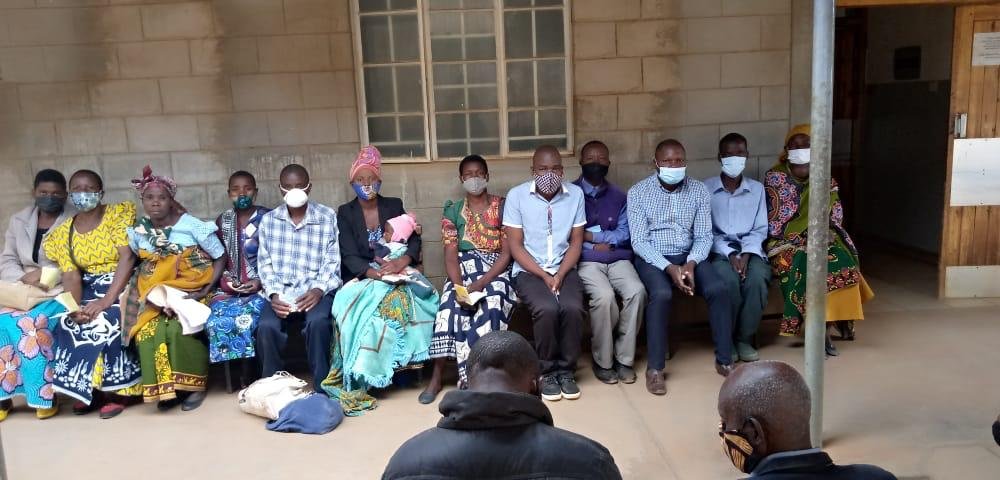
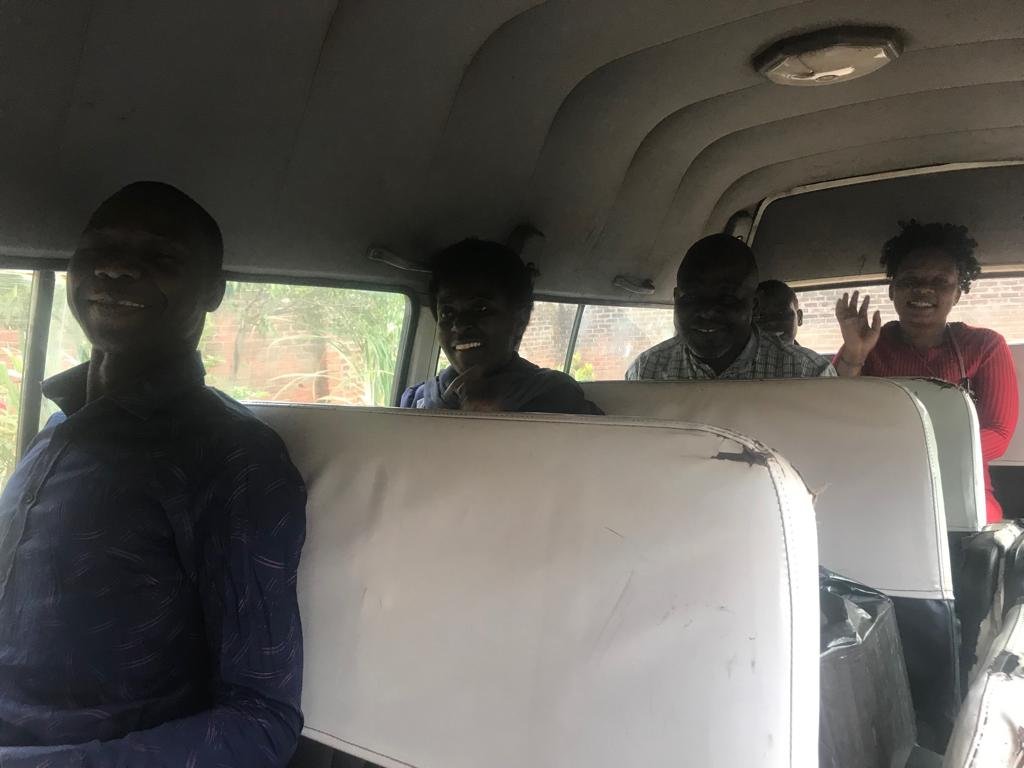
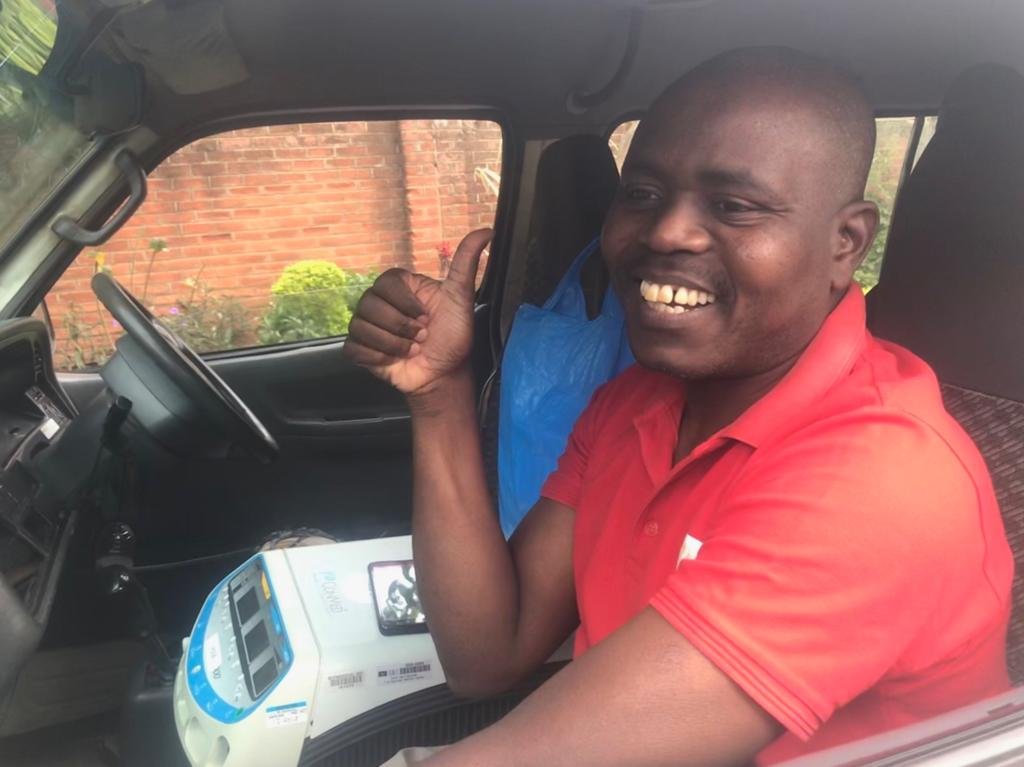
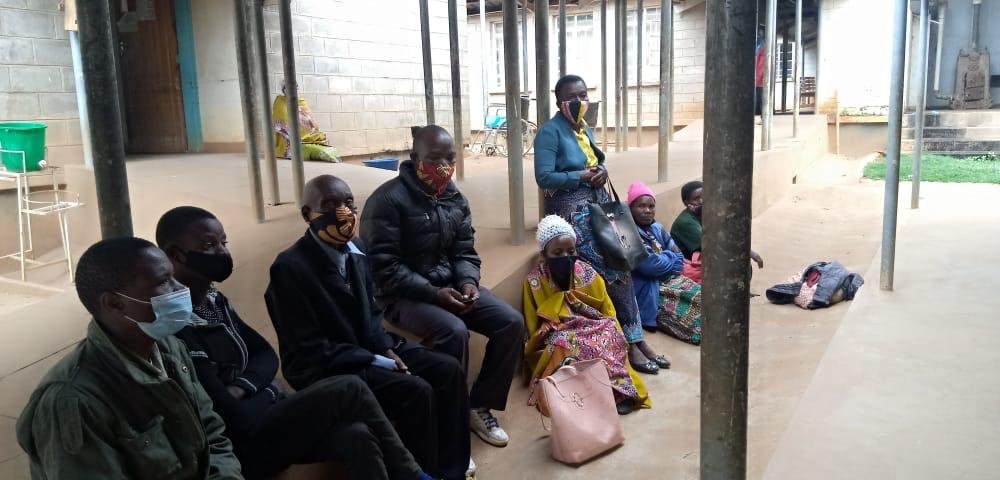
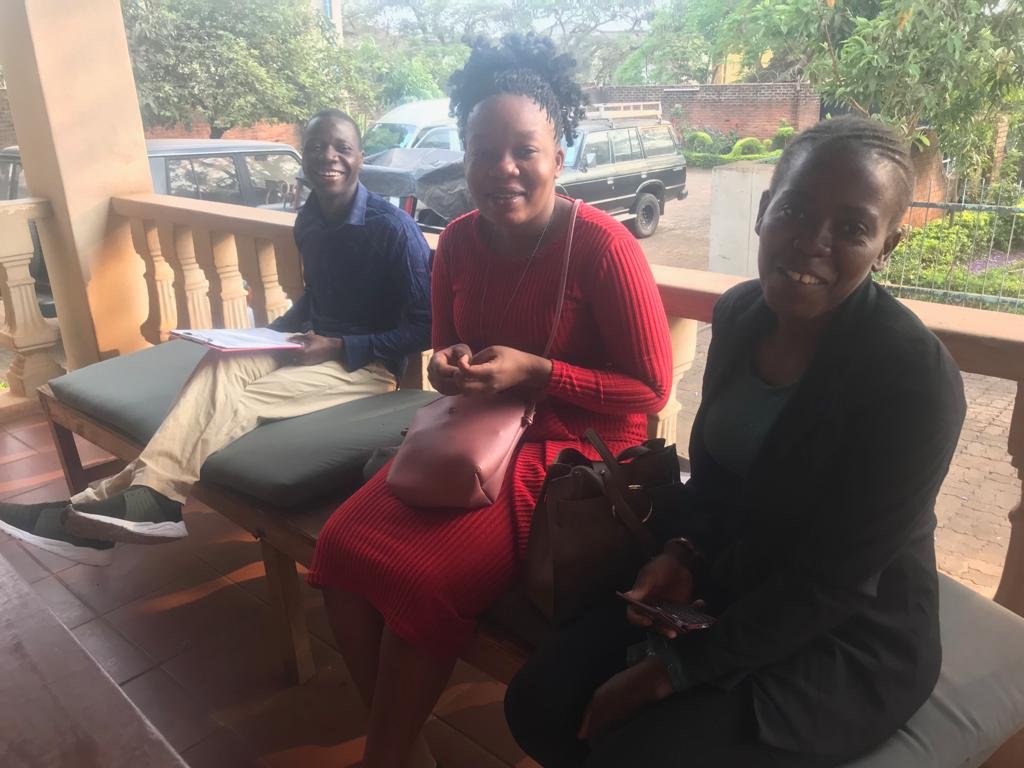
STATS FROM THE OCTOBER 2021 SURGICAL CAMP AT KABUDULA COMMUNITY HOSPITAL












